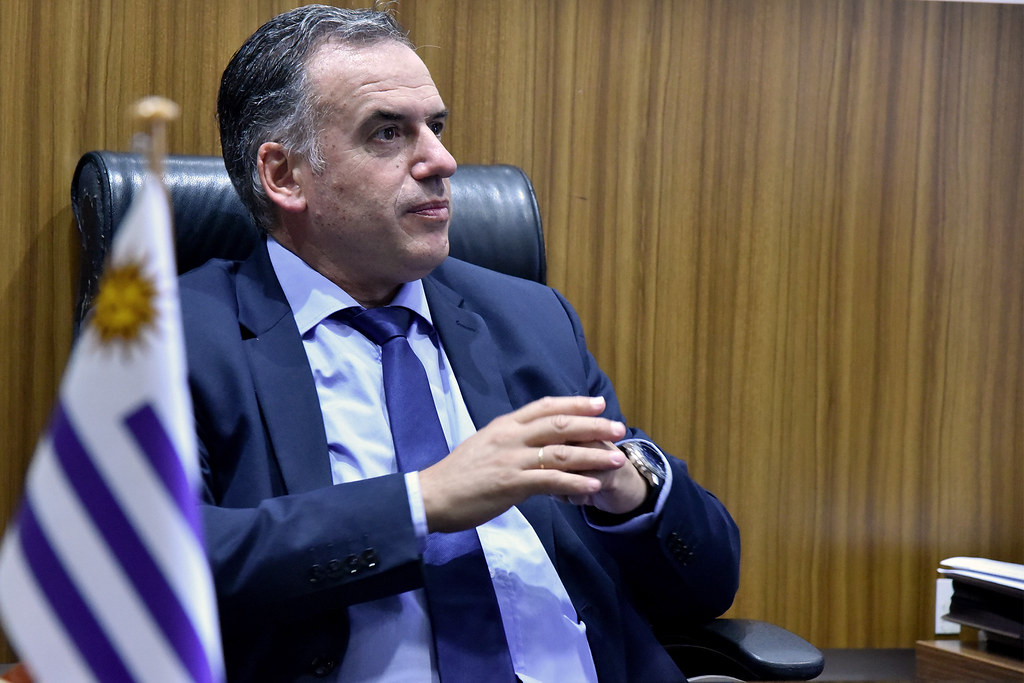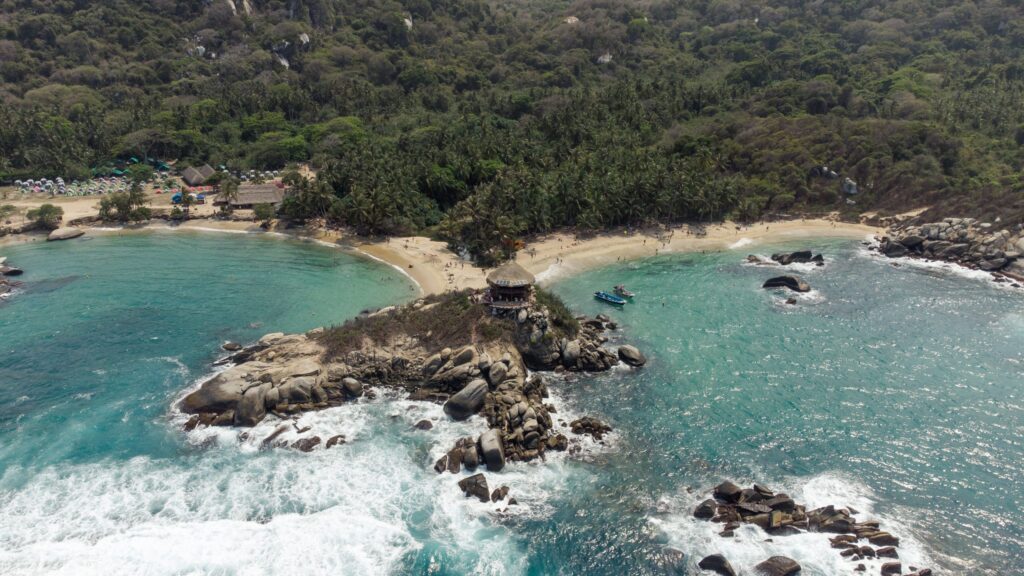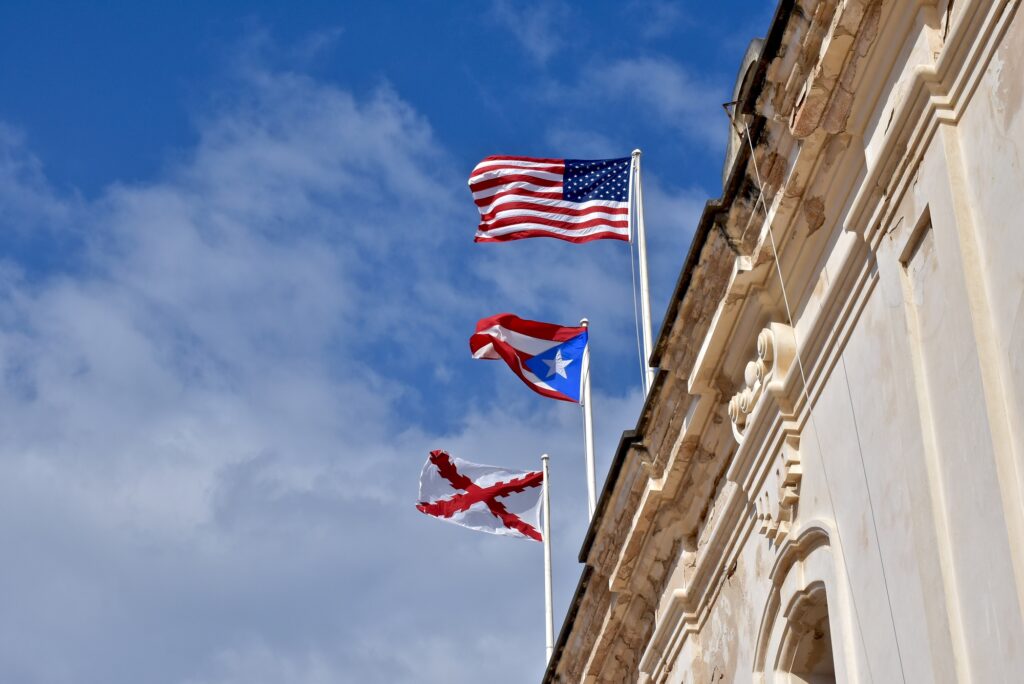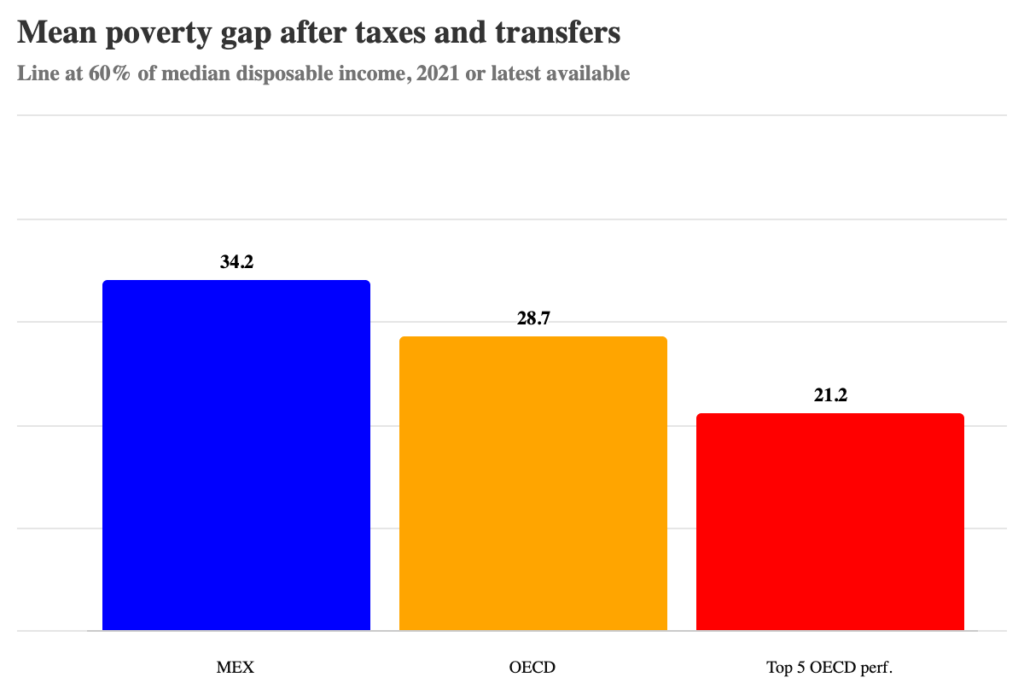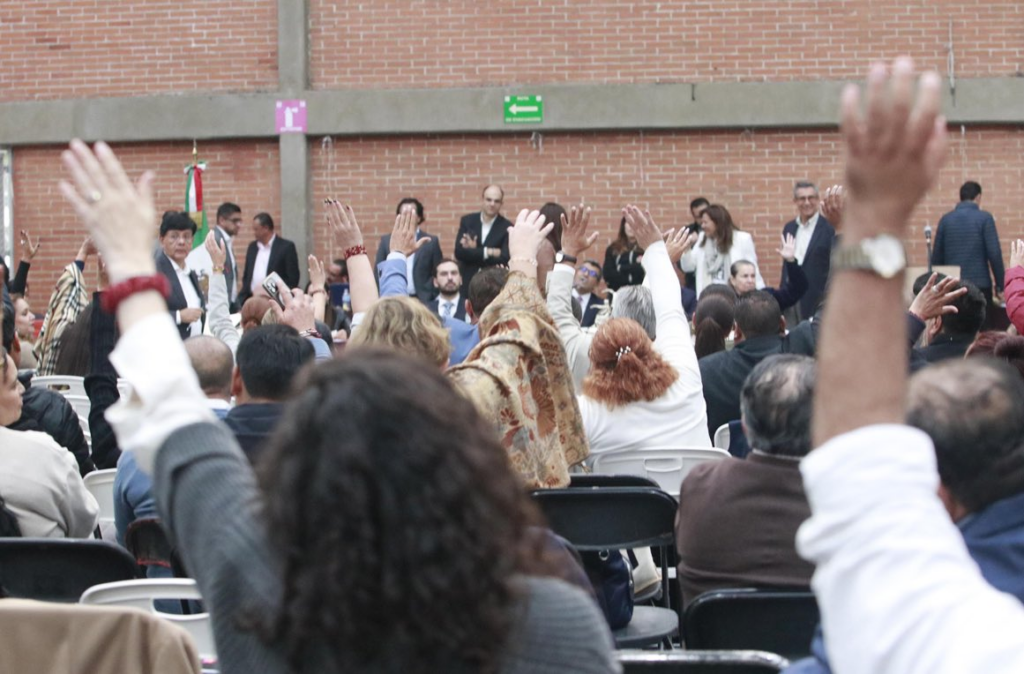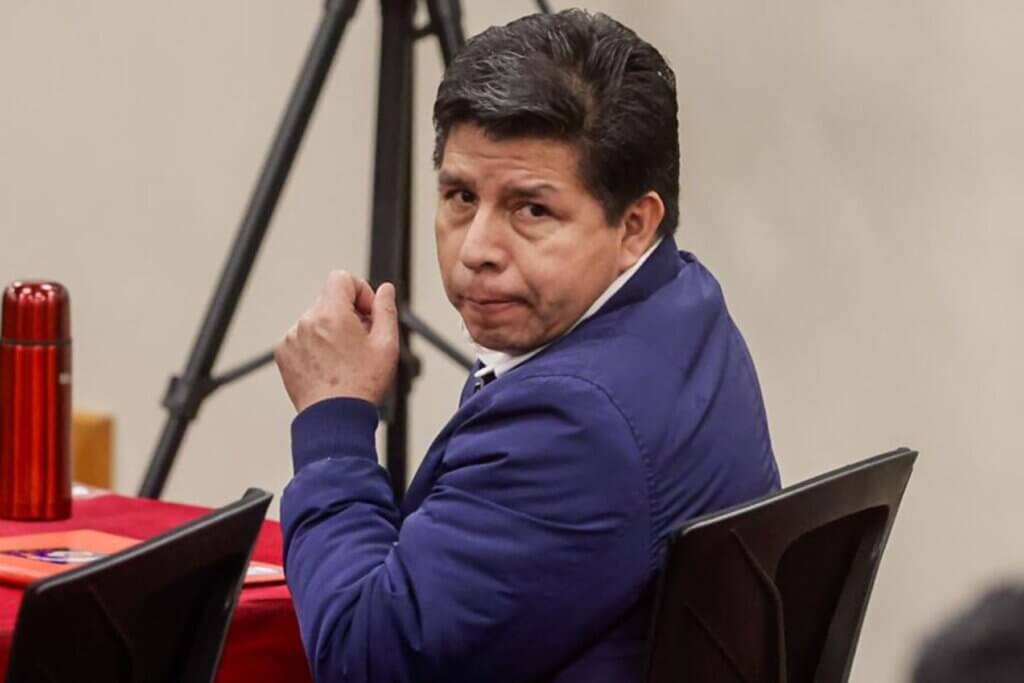Yamandú Orsi, of the left-wing Broad Front (Frente Amplio) coalition, will become the next Uruguayan president after emerging victorious in the second voting round on Sunday.
According to Reuters, Orsi secured 49.81% of the vote, compared to conservative Álvaro Delgado, of the ruling National Party (Partido Nacional), who achieved 45.90%. The vote went to a run-off after neither party secured the necessary majority to win in the first round held in late October.
Read more: Uruguay presidential elections head to run-off in November
The Broad Front ruled Uruguay from 2005 until 2019, when it was beaten by President Luis Lacalle Pou’s National Party.
Following the news of his victory, Orsi stated “The country of freedom, equality and fraternity has triumphed once again.” He added, “Let’s understand that there is another part of our country which has different feelings today,” saying “these people will also have to help build a better country. We need them too.”
“Today, the Uruguayans have defined who will hold the presidency of the republic. And I want to send here, with all these actors of the coalition, a big hug and a greeting to Yamandú Orsi,” Delgado declared after his defeat.
“It’s one thing to lose an election, and another to be defeated. We are not defeated,” he continued.
President Lacalle Pou revealed on X that he had called Orsi “to congratulate him as President-elect of our country” and to organize the transfer of power.
Although the country’s poverty rate is among the lowest in Latin America and inflation has started to ease, the opposition’s victory may reflect growing concerns over the nation’s slow economic growth, stagnant wages, high cost of living, and rising crime rates. The incumbent government has also found itself embroiled in scandals, such as issuing a passport to an internationally wanted drug-trafficking suspect and charges made against former senator Gustavo Penadés involving sexual crimes against minors.
The president-elect has said he will lead a “modern left,” though has told Uruguayans that he does not have any radical plans for change. He has emphasized addressing issues such as homelessness, poverty, and crime, hinting at increased cooperation with Europe in the fight against drug trafficking and increased funding for the prison system.
Homicide rates in Uruguay have sharply increased over recent years, largely as a result of new cocaine-smuggling routes which now pass through the country.
Orsi is a 57-year-old former history teacher and the ex-mayor of the Canelones department in southern Uruguay.
He comes from a working class background, born to a father who was a vineyard farmer and a mother who was a seamstress. He has been labeled the “political heir” of José Mujica, who was president from 2010-2015.
Mujica spent 14 years in detention under the dictatorship, imprisoned for his role in the guerrilla group MLN-Tupamaros. During this time, he was repeatedly tortured and spent long periods of time in solitary confinement.
As president, he became known for donating about 90% of his salary, in addition to legalizing abortion, same-sex marriage, and recreational cannabis use. He also refused to live in the presidential residence: a decision which Orsi says he will follow.


